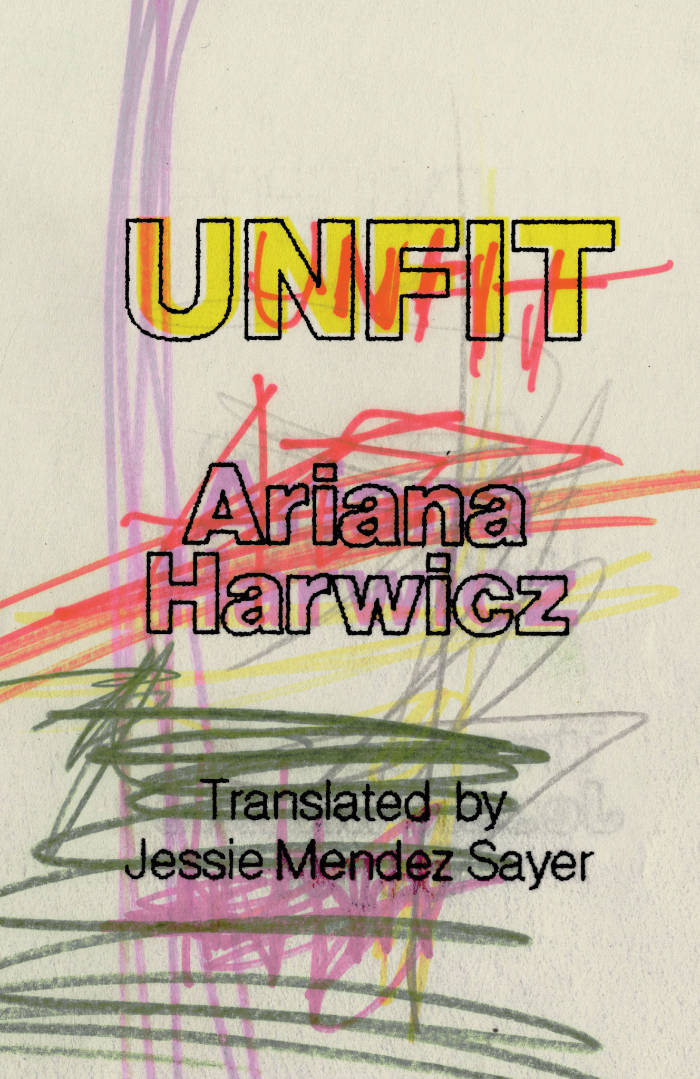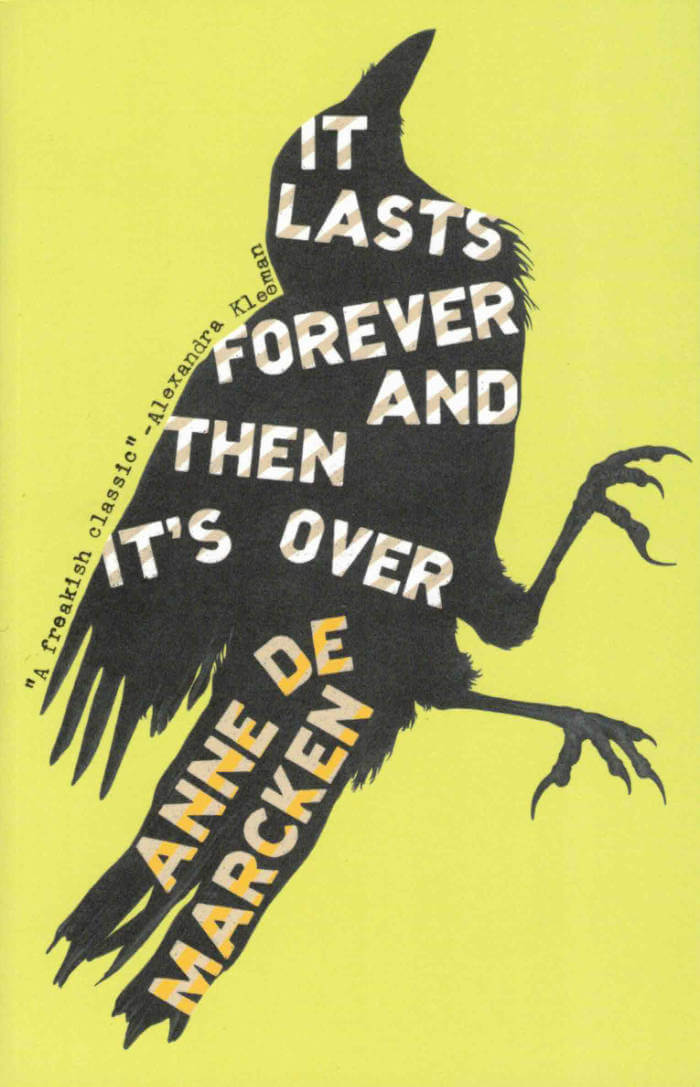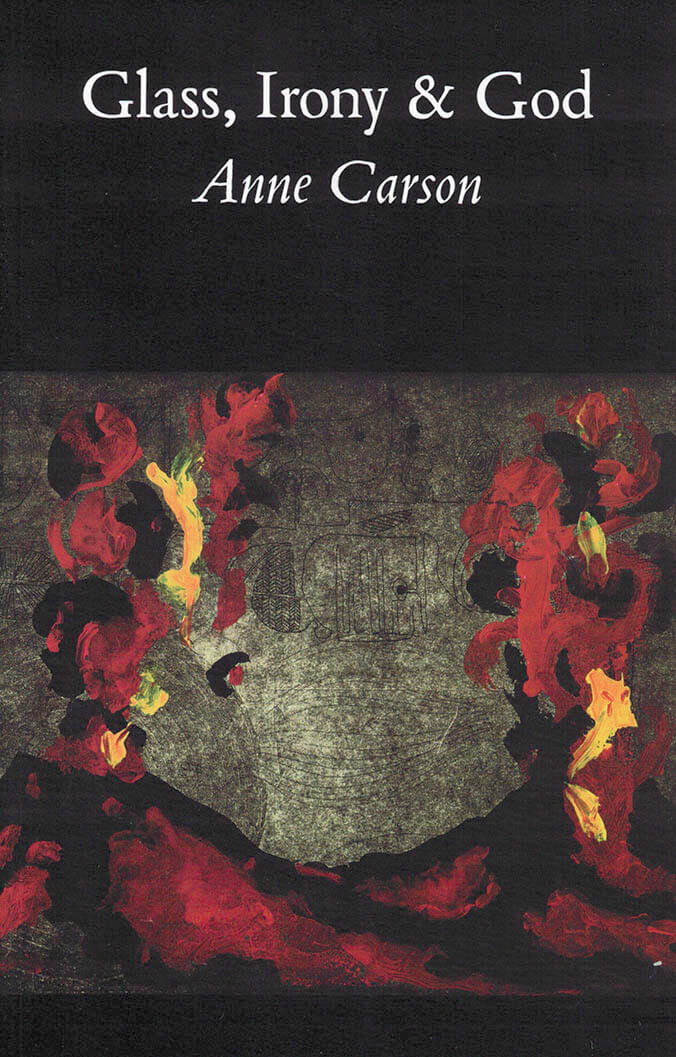
The Apple in the Dark
"It's the best one," Clarice Lispector remarked on the occasion of the publication of The Apple in the Dark: "I can't define it, how it is, I can only say that it's much better constructed than the previous ones."
A book in three chapters, with three central characters, The Apple in the Dark is in fact highly sculpted, while being chiefly a metaphysical book, and in this stunning new translation, the novel's mysteries and allegories glow with a fresh scintillating light.
Martim, fleeing from a murder he believes he committed, plunges into the dark nocturnal jungle: stumbling along, in a state of both fear and wonder, eventually he comes to a remote, quiet ranch and finds work with the two women who own it. The women are tranquil enough before his arrival, but are affected by his radical mystery. Soaked through with Martim's inner night (his soul is in the darkness where everything is created), the novel vibrates with his perpetual searching state of vigil. Often he feels close to an epiphany: "for the first time he was present in the moment in which whatever is happening is happening." Yet such flashes flicker out, so he's ever on the watch for "life to take on the dimensions of a destiny."
In an interview, Lispector once said: "I am Martim." As she puts it in The Apple in the Dark: "All I've got is hunger. And that unstable way of grasping an apple in the dark-without letting it fall."







